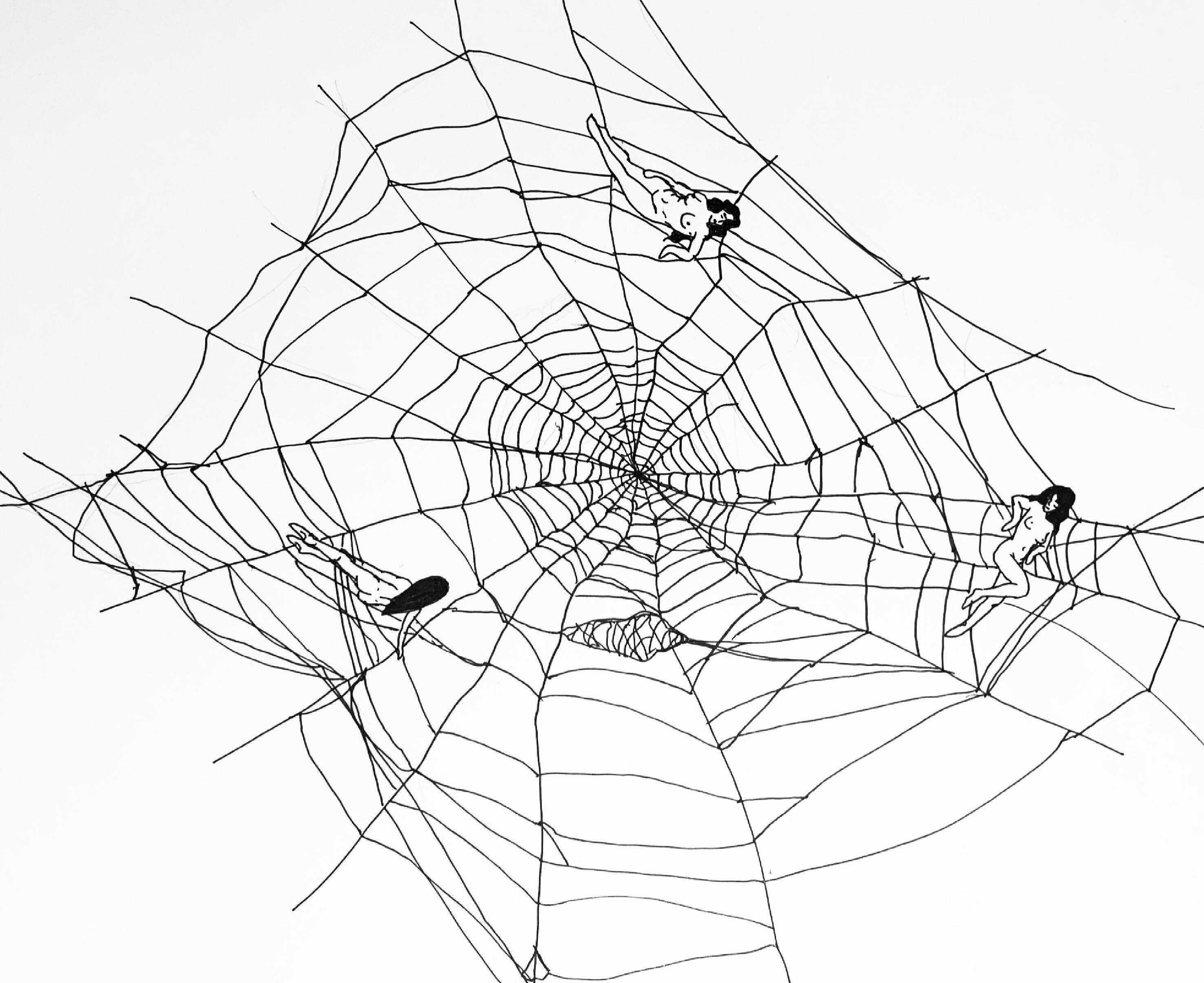
4 minute read
Does Australia Have Tall Poppy Syndrome, or Are We Just Inherently Prejudiced?
WRITTEN BY ELLA BRUMM
Have you ever achieved something you’re really proud of and wanted to share the news with others around you only to be cut down a few pegs for ‘bragging’? This feeling is rather common in Australia, due to Tall Poppy Syndrome.
Advertisement
Tall Poppy Syndrome is the cultural phenomenon of criticising, resenting or bringing down high achievers, usually by jealous people, when they begin to rise above the expected standard of society. The name of the syndrome derives from the presumption that poppies should grow together and if one begins to grow taller than the others, it must be cut back to match the size of the rest.
Australia has a particular issue with this occurring on an interpersonal and national level. Whether you achieve a seven in an assessment, land a highly sought-after job, or receive virtually any award for your achievements, the chances of you being met with comments that point out any flaws or downplay your success or simply having your hard work being attributed to luck is rather high. As Australians we are quick to dampen someone’s success if we feel threatened by our own achievements. We do it to colleagues, friends, family members, and peers. It’s an unfortunate part of our culture.

There is a long list of famous Australians who the media and general public have teared down for supposedly getting ‘too big for their boots’ or not fitting the role society has pushed them into. Bachelor fans may recall one of the contestants on Matt Agnew’s season, Abbie Chatfield. At the time Abbie was a 23-yearold confident woman who knew what she wanted and went for it. However, the media and Australian public viewed Abbie in a less colourful light. While the producers and editors of the show didn’t help her PR, the media painted her as a villainous sex-crazed diva who only cared about winning rather than finding ‘true love’ (the show’s ‘apparent’ intention). Abbie was trolled relentlessly for being ‘too sexual’ ‘too confident’ and ‘too honest’. Despite claiming her own right in the influencer domain, she continues to receive criticism about how she portrays herself
through her Instagram. Maybe it’s not just because she grew a large following within a short time and had a quick path to fame that she was cut down. Could there be something more to her mistreatment than just Tall Poppy Syndrome?
Within the sporting world, Adam Goodes was cut down much further than the other incredibly talented AFL players who didn’t subscribe to the unspoken Australian value of downplaying your success. Goodes was a marvellous player who demanded respect and attention when he walked onto the field. As his career progressed, his talent was broadcast to the masses and he gained even more fame. Unfortunately, what came with that was a sea of opposition fans booing him directly every time he played. He was berated and abused on and off the field during his career, causing him to drop out of the game altogether. Was Goodes vilified for being ‘too good’ of a player? Or was this racially incited? The answer becomes quite clear when the mistreatment of Goodes can be traced back to when he performed a celebratory war cry after kicking a goal during the Indigenous round. This was seen as provoking the crowd and taunting them by throwing an imaginary spear into a cluster of Collingwood fans.
Even Australia’s darling, Ian Thorpe, couldn’t escape Tall Poppy Syndrome. Supporters began to expect too much of Thorpe and when he fell short, Australians had their scissors sharpened ready to cut him down. But was this in response to our high expectations of the swimmer or the speculations surrounding his sexuality?

It seems that many famous Australians have been victim to Tall Poppy Syndrome but interestingly the ones who are vulnerable to this cultural phenomenon are women and minorities. Maybe it wasn’t that these Australians were rising above the rest. Maybe we just didn’t like seeing Abbie express her sexuality so openly because it contradicts conservative values of how a woman should act. Maybe it wasn’t that Goodes was too talented and proud of his athleticism, maybe it was because he’s Aboriginal and Australia remains deeply racist at its roots. Maybe we didn’t like seeing Thorpe embody anything short of the burly ladies’ man persona that we so quickly place on male athletes.
Maybe Tall Poppy Syndrome is the cause of why these celebrities were mistreated by the media, but I think we selectively choose the ones we want to see fall and tear them down by the identities that make them who they are. It is already hard enough in our society for minorities to reach the same level as others who are afforded unearned privileges for being male, white, and straight, but to cut down the few who have made it big whilst battling prejudice is barbaric. We shouldn’t be proud of having a culture that aims to play down each other’s success, we should be celebrating one another, especially those within the BIPOC, LGBTIQA+ and feminist spheres.







